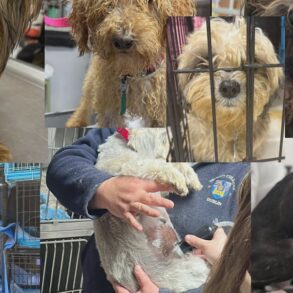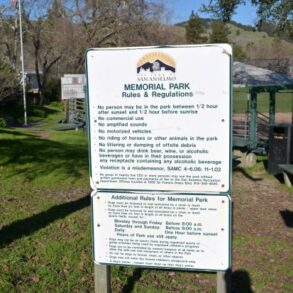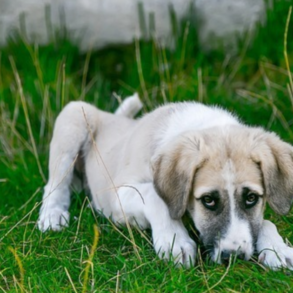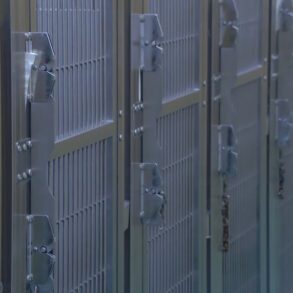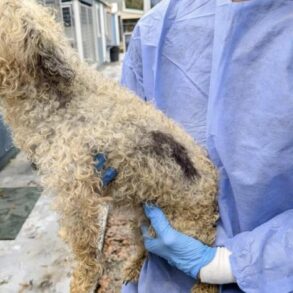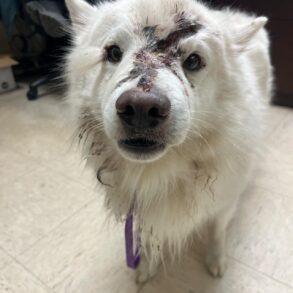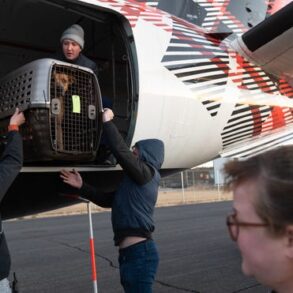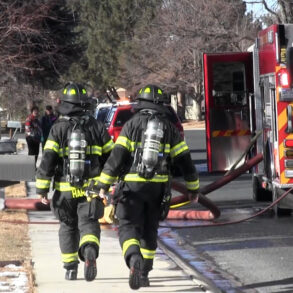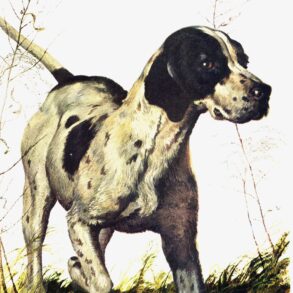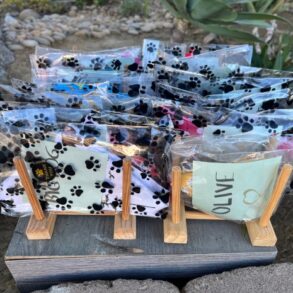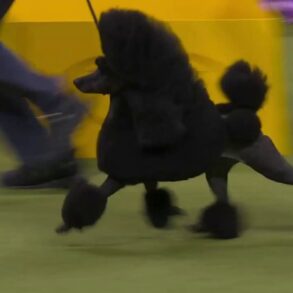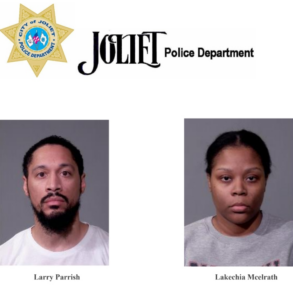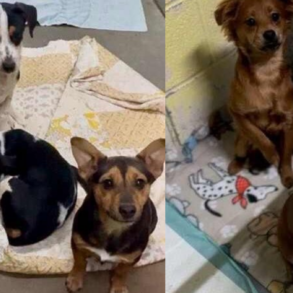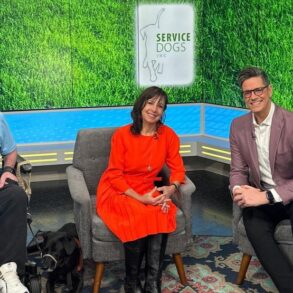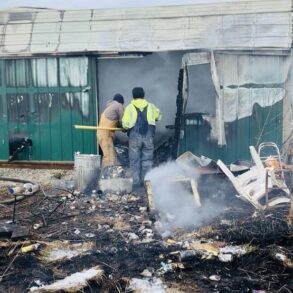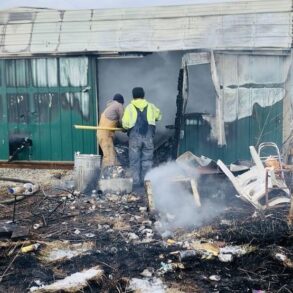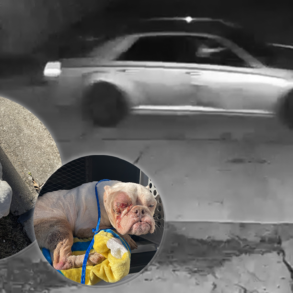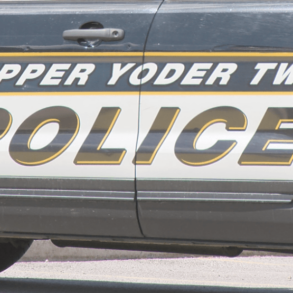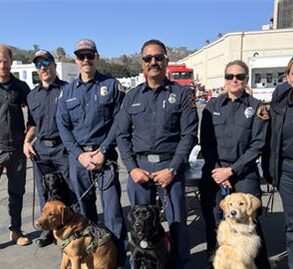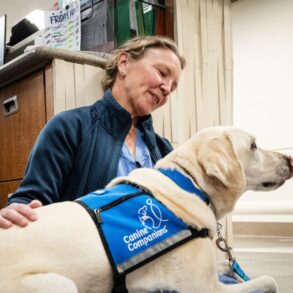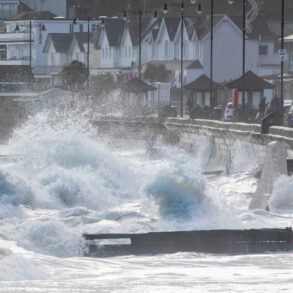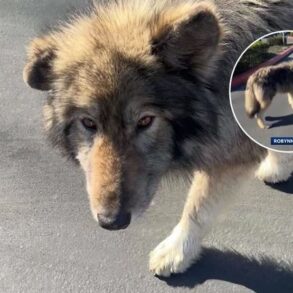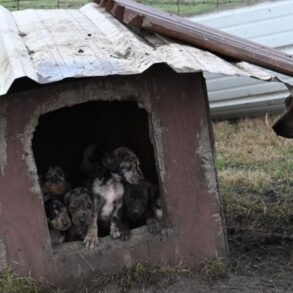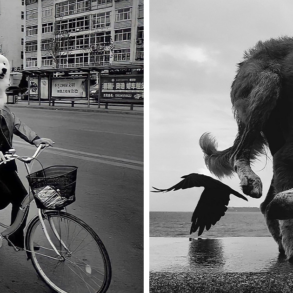To protect the unique ecosystem of the Hawaiian islands, an Oʻahu-based nonprofit called Conservation Dogs of Hawaiʻi started a program to use dogs to sniff out pests on ships and planes, Island News reports.
Like many islands, Hawaiʻi spent most of its history physically isolated from the mainland. It developed its own ecosystem of unique species, all connected to one another, with each species relying on others for food, shelter, and reproduction.
The balance between these species is delicate and can be upset by introducing new, invasive species from the mainland. For example, placing the wrong type of beetle or moth into an environment where it has no natural predators could lead to the destruction of plant populations, which would affect all the animals that rely on that plant for food, which would then affect the predators that eat those animals and the plants that rely on them to scatter seeds, and so on. One little mouse, bird, bug, or seed can topple a whole ecosystem in the wrong circumstances.
With modern travel between Hawaiʻi and the mainland, there are thousands of opportunities for destructive pests to hitch a ride. That’s what Conservation Dogs of Hawaiʻi is trying to prevent.
Established last spring, CDH’s program uses trained dogs to locate pests such as mice and rats on ships.
“A detection dog is a sniffer dog using their smell to find invasive pests that ships, boats, and planes can carry overseas,” Kyoko Johnson, founder of CDH, told Island News.
These ships previously had to rely on human exterminators to do the job. But humans are limited to what we can see, whereas a dog’s sense of smell can home in on pests wherever they’re hiding, even aboard a busy, cluttered ship.
Hiring the dogs costs money, but according to Johnson, it’s worth the price to avoid introducing an invasive species. “To prevent it would save you potentially millions of dollars and damage to the wildlife,” she said, referring to previous incidents in the islands with mice and ants.
Dogs are beginning to be used more widely to sniff out invasive species, such as zebra and quagga mussels in Washington.
Join our free newsletter for good news and useful tips, and don’t miss this cool list of easy ways to help yourself while helping the planet.
This post was originally published on this site be sure to check out more of their content.




